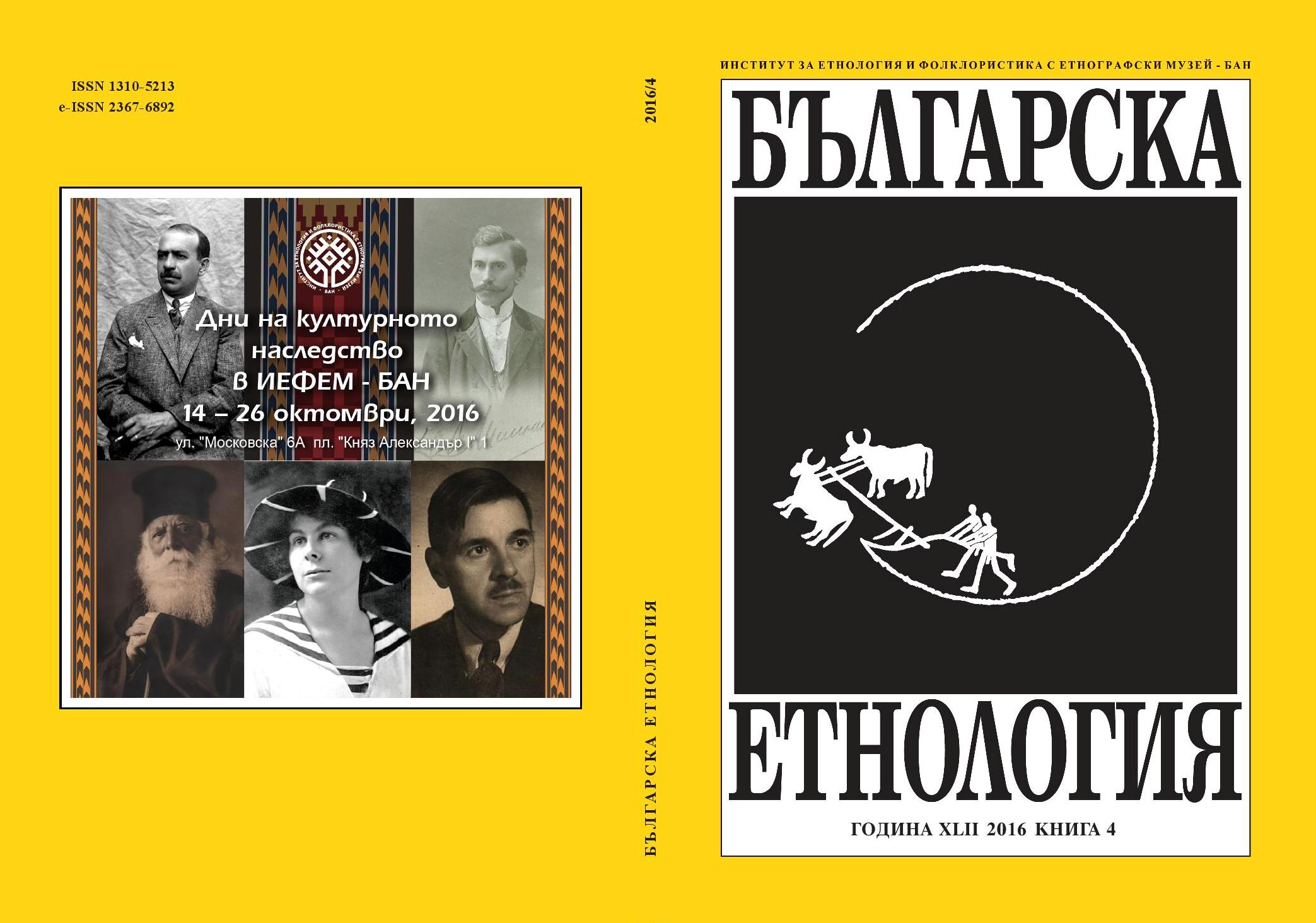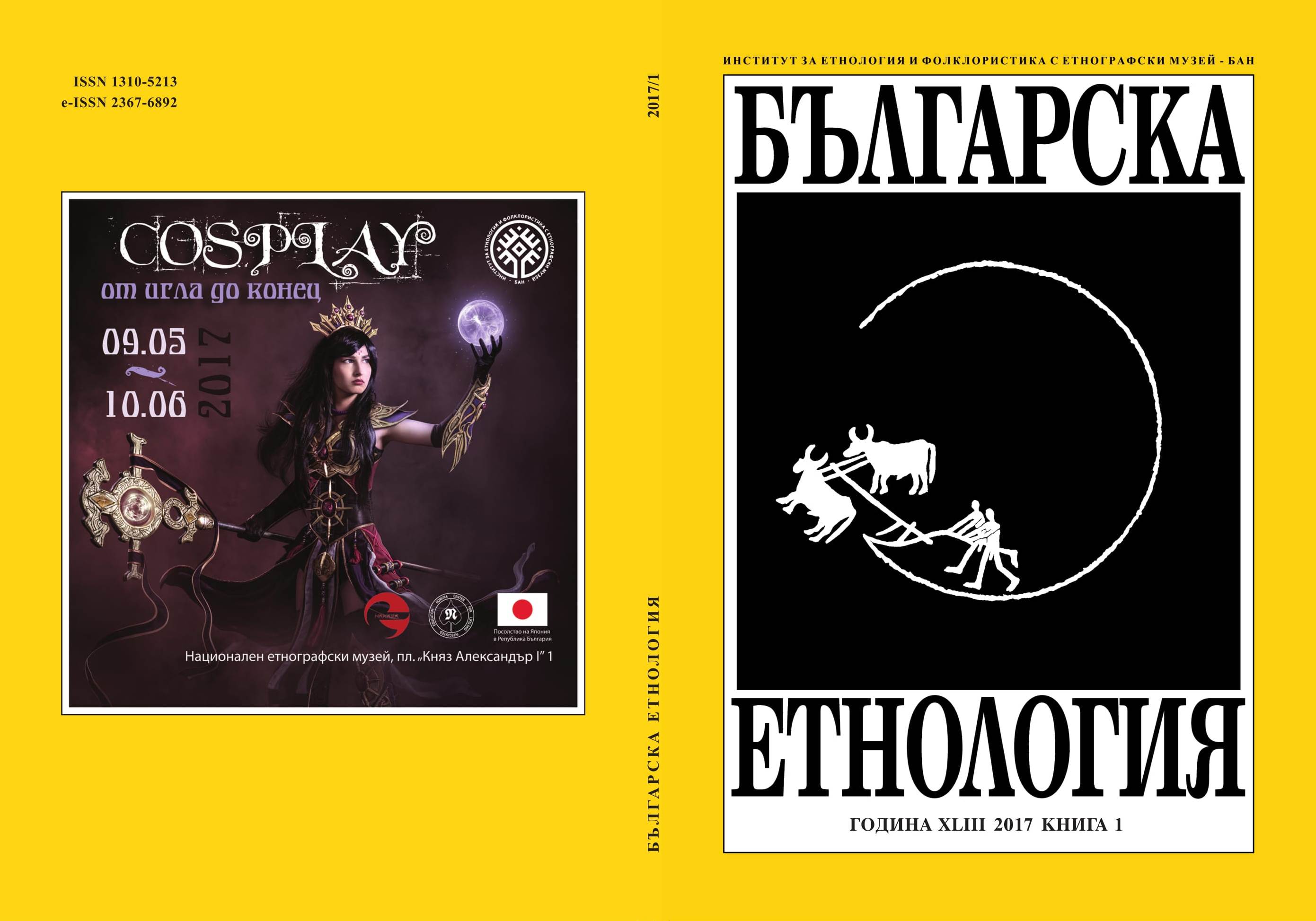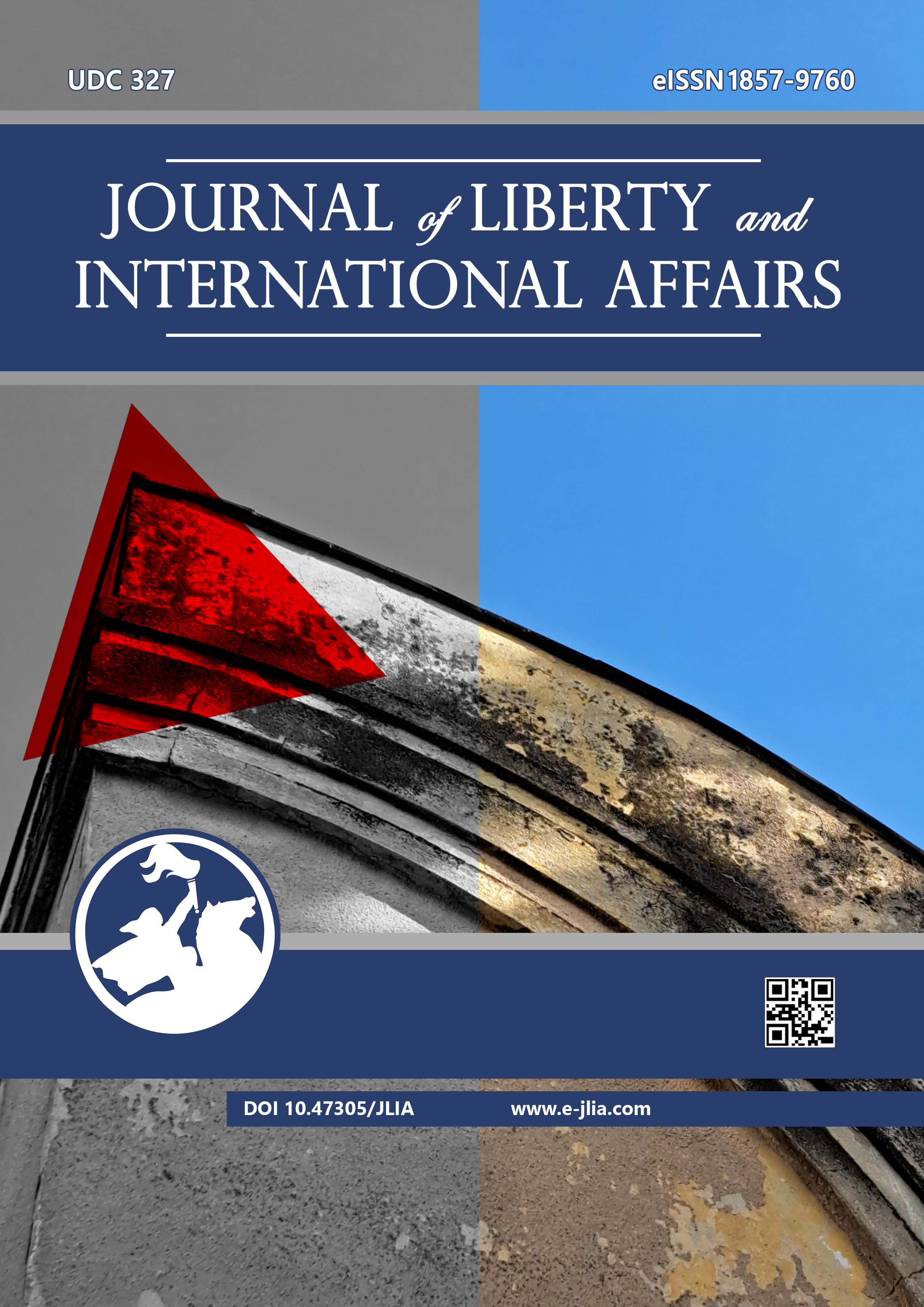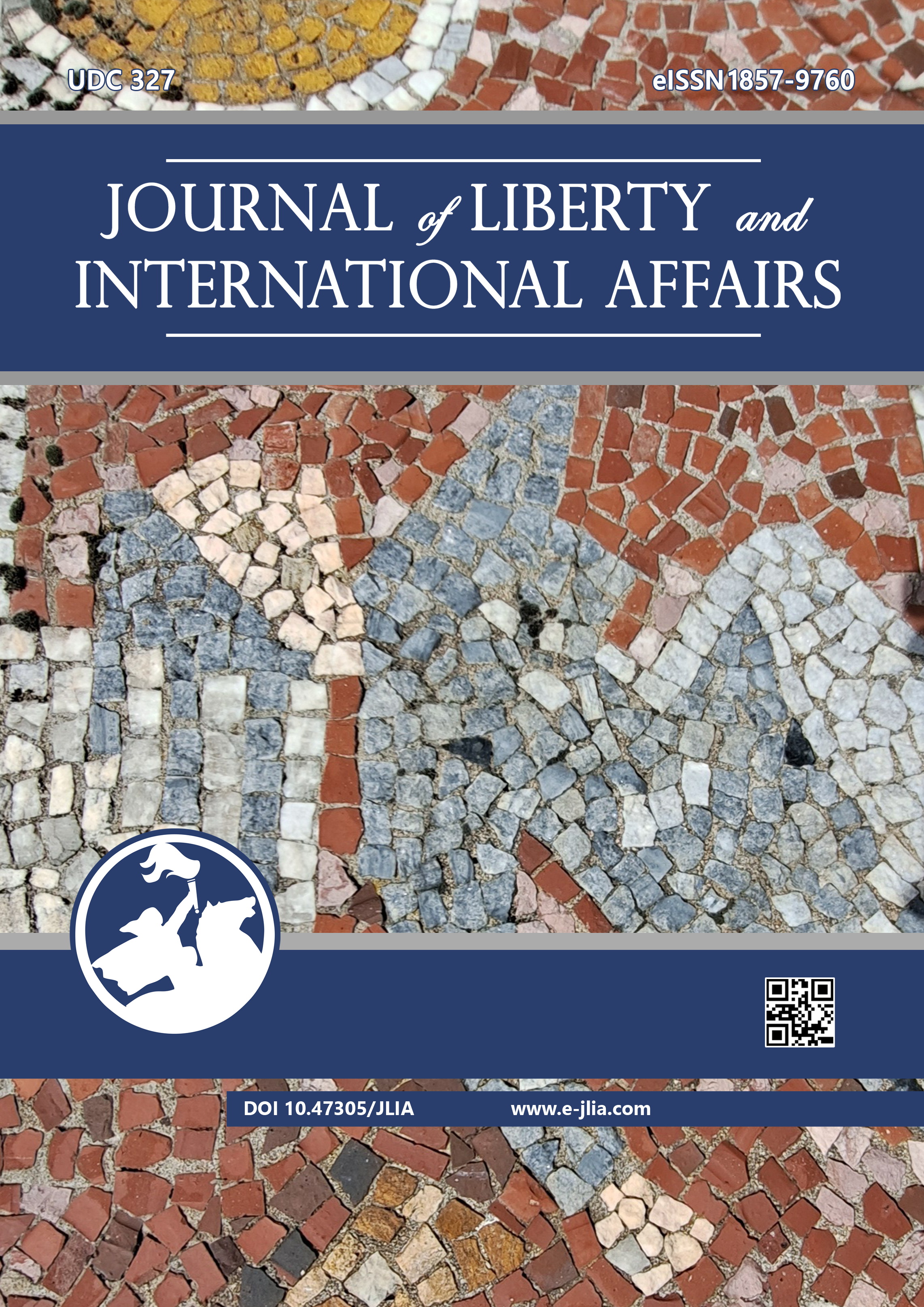
We kindly inform you that, as long as the subject affiliation of our 300.000+ articles is in progress, you might get unsufficient or no results on your third level or second level search. In this case, please broaden your search criteria.



Power is a critical factor in several types of diplomacy. India-EU relations are a classic case of how changing geopolitics prompted diplomatic acumen. This scoping review assesses the changing relations of both partners as a manifestation of Smart Power. The dynamic relations from normative-based to pragmatic and inclusive interests based are evaluated. Their value-based relations are put under international relations theories. Their changing factors of cooperation are used to justify their smart diplomacy, where contemporary relations are less likely to be affected by multilateral interests. To solidify claims of smart power in their relations, the recent TRIPS waiver schism illuminated health diplomacy between the two regions. This health diplomacy discourse promotes smart power diplomacy between India and the EU, where new avenues of cooperation emerge despite pandemic disagreements. The article explores how hybrid power is better than soft and hard power in silos by systematically searching and selecting the existing knowledge in the contemporary context.
More...
The role of the EU in sustainable development has been generally seen as influential so far. The EU has proven its commitment to promoting sustainability abroad, and the EU has embarked on a transition to a low-carbon society at home. The Middle East lags behind all regions regarding sustainability due to ravaging economic, security, and social challenges, particularly in Iraq and Syria. As the economic nature of the petro-states, the petroleum price influences the GDP and economic growth not only for Iraq and Syria but the majority of resource-based economies. This creates fragile economies that are less resistant to international financial crises. Moreover, petro-states have few economic characteristics, including; high capital intensity, centralization and control of revenues, and low demand for labor. At the same time, oil has special effects on domestic conditions like authoritarianism and the temptation for civil war. This study focuses on the role of the EU in sustainability policy towards Iraq and Syria. This study highlights how the European Green Deal (EGD) influences the path to sustainability in the Middle East, specifically in Iraq and Syria. In line with this, the analytical framework discusses the logic of social actions (consequentialism and appropriateness), which are at play in EU-Middle East relations. Thus, it contributes to the role of the EU as a leading actor in global sustainability governance, focusing on a region that has been largely neglected.
More...
Southeast Asia is one of the places where fierce rivalry is taking place between the two leading powers in the world today - the US and China. The US-China rivalry in this region takes place in key fields, from politics - diplomacy, economy, security - defense to “soft power”, the most prominent of which is the South China Sea issue. This article analyzes the strategic importance of the South China Sea in the policy of the US and China, the competition between the US and China in Southeast Asia in general, and the South China Sea in particular. To achieve this goal, the authors use research methods in international relations to analyze the main issues of the study. In addition to reviewing previous scholarly research and reviews, the authors use a comparative approach to assess the interactions between theory and data. The authors believe the data is important for accurately assessing the strategic competition between the US and China in Southeast Asia and the South China Sea. The rise of China in the early years of the XXI century strongly influenced the adjustment of the US policy in Southeast Asia and the powerful US-China rivalry in this region and the South China Sea. This rivalry is becoming increasingly complicated, and geopolitical conflicts between major powers are possible in the following years.
More...
This study examines the evolution of Ukrainian refugees during the first year after the start of the full-scale armed conflict on 24 February 2022, which resulted in a severe humanitarian crisis and high levels of migration both within Ukraine and towards Europe. Using official statistics, the changes in border crossings from Ukraine to neighboring countries during the first year of the conflict are investigated. Additionally, surveys conducted with Ukrainian refugees in several European countries and author interviews conducted in Bulgaria, Spain, and Germany reveal the specific needs of refugees and the main challenges to successful integration into host labor markets and societies. The Temporary Protection Directives and other local protection programs are analyzed in this study, accompanied by a comprehensive discussion on similar initiatives. The primary conclusion drawn from this research affirms the presence of substantial challenges in the successful integration of Ukrainian refugees into host societies, despite the efforts made by the respective governments.
More...
In this study, we aimed to examine the interconnectedness of health and peace, recognizing its significance within global health diplomacy, international relations, and human rights. For that purpose, we used the results from previous and ongoing Global Burden of Disease studies, which represent a comprehensive systematic appraisal of health problems and risks affecting populations worldwide. This paper could use its methodological underpinnings to analyze the impact of war, conflict, and terrorism on mortality and overall human health. In 2000, war and conflict were responsible for an estimated 310,000 deaths globally, compared to 2019, when this number decreased to 69,000. Recent findings reinforced the association between war, conflict, and increased all-cause mortality. Interpersonal violence also significantly contributed to human health loss resulting from disrupted peace. In Europe, disability-adjusted life years due to injury – including those caused by conflict – declined between 2000 and 2019. As we prioritize global health, peace-building initiatives, and global health diplomacy, big data will increasingly play a substantial role in accurately predicting and describing the health effects related to conflicts.
More...
The way allied Western nations protect their interests has been a major problem and factor in the demise of governance and democracy in the Nigerian state and other African nations. This has made Nigeria’s democracy, like that of other African countries, unstable since independence. Therefore, this article examined Western imperialism, which used religion as a tool and barrier to a strong, viable democracy in Nigeria. The article used critico-historical analysis as a method. The results showed that although Western imperialism and globalization, along with religion, have an expansionist and civilizing nature, they have also exhibited traits of dominance over other countries and systems of governance, thus making democracy weak and less rewarding. We argued that Nigeria’s democracy and religion must be independent and self-sufficient to avoid Western exploitation and imperialism and provide a context for religious inculturation. We concluded that for Nigeria and other African nations to thrive in true and strong democracies, religion should be decolonized through pulling down colonial religious presumptions, de-internationalization of religion, reorientation of religious education, restoration of indigenous languages, authentication of religious freedom, non-governmental funding of religion, and provision of theologically motivated research to a more legitimate position within religionism.
More...
This paper analyzed the legal framework regarding transparency in financing political parties for the election campaign in Albania and North Macedonia. The main object was the identification and analysis of the changes in the legislative solutions that are implemented in these two countries for issues related to (i) the method of reporting the financing of the election campaign, (ii) the periodicity and time of reporting, (iii) the publication of donations with private funds, (iv) the institutions of monitoring and auditing financial reports, (v) publication of financial reports and (vi) sanctions for violators of the law. The assessment of the level of law enforcement, as a reflection of the differences in the two countries' efforts toward the development of democratic elections, was part of the objectives of this study. The comparative analysis was the main methodology used in this paper. Based on the results of this analysis, it can be confirmed that the national legislation for the financing of election campaigns in Albania and North Macedonia is: (i) drafted following the requirements and standards defined in international documents, (ii) the differences are a reflection of the process of democratic development of these two countries. The quality in the implementation of the legislation was identified as a factor with hindering effects on the transparency of the financing of political campaigns. The commitment to improve the legislation aiming, in particular, additional capacities development for controlling and law-enforcing institutions, as well as the engagement in education and strengthening the culture for implementing the rule of law, are necessary for both countries.
More...
This paper explores the state of religious freedoms in Putin’s Russia, with a special emhasis on the Kremlin’s intensifying efforts at establishing Orthodox monopoly. It is an in-depth case analysis that uses policy and discourse analysis to examine the state of religious freedoms in Russia. It suggests that anti-extremism law has become an instrument of state control over a wide array of speech or activity. Through state-supported legislation, the authorities censor religious life to prevent the rise of anti-government sentiments. The groups most affected by the government’s anti-religious policy are “non-traditional” religious groups, facing hardships in exercising their rights and freedoms. Their activities are increasingly banned on the grounds of “extremism” and “terrorism”. Russia’s tightening of legislation on extremism has been combined with its withdrawal from the Council of Europe, which poses additional threats for religious communities by eliminating any international scrutiny over the government’s actions. This paper concludes that while Russian history has been traditionally characterized by religious intolerance towards small denominations, the intensifying crackdown on religious freedoms is part of the Kremlin’s policy of ensuring a monopoly across the country for the Russian Orthodox Church.
More...
International and national legislation guarantees the right to employment and education for every citizen, including members of non-majority communities. As a multi-ethnic state, Kosovo has very advanced legislation to guarantee access to employment and education for members of its non-majority communities. This study aimed to examine the actual level of enforcement of these two rights by members of non-majority communities. Relevant scientific works, local and international legislation, and statistical data on the level of access to the labor market and the education system of non-majority communities in Kosovo were consulted for this study. The research results show that access to the labor market and the education system varies across communities and has not continuously increased in 2015-2021. The situation has particularly affected the RAE community, which has the highest percentage of unemployment (over 90%) and the lowest access to pre-university education (below 5%). Therefore, this article recommends that relevant stakeholders take measures to ensure the proper enforcement of access to employment and education rights for non-majority communities in Kosovo.
More...
The study aims to determine the trust and presence of police officers in schools in Serbia, as well as the perception of the principals and secretaries, teachers and staff, parents, and students on how successful the specific police units dedicated to schools were in fulfilling their tasks. The ex-post analysis was conducted through PEST/SWAT analysis, mapping the key actors and using batteries of online questionnaires, besides interviews with the MOI representatives, surveyed with personal interviewing, computer-aided surveying, desk analysis, and content analysis. The survey was conducted from September 2021 to June 2022. The research methods were implemented in 1140 schools in Serbia, and 8,617 people were included in surveys: police officers (308); principals and secretaries (1085); the team for protection against discrimination (982); teachers and staff (2988); parents (938) and students (2316). The relationships between the covariates and perception were investigated using the t-test, one-way ANOVA, multivariate linear regression, and binary regression. The results showed that a project of school police officers was not fully recognized as one of the strategically essential instruments for safe schools; trust is low, but presence is high. Besides that, the results suggest that the entire public believes that police are needed in schools and that it positively affects school safety. Regarding school safety policy, it is necessary to undertake three measures for the sustainable development of trust and the presence of police in school: regulatory, informative-educational, and institutional-organizational.
More...
The invasion of Ukraine by Russia has resulted in the displacement of millions of Ukrainians, leading to socio-economic and political challenges for the host countries. The Refugee Response Plan, encompassing heavily affected EU Member States, has been the focus of this study, examining how the issue of refugee integration was addressed, with a specific emphasis on flaws and omissions in the approach. Various demographic and socioeconomic data and strategic national documents related to refugee integration were compared for this analysis. Employment was identified as a key tool for the integration of Ukrainian refugees. The findings revealed a lack of a common refugee integration policy among the surveyed countries despite similar past and current socioeconomic circumstances and security environments, including mixed migration. Ambiguities across these countries, including local population perceptions hindering Ukrainian refugee integration, were observed. Consequently, we assert the necessity for EU harmonized measures, emphasizing their long-term implementation to alleviate the economic burden of the war in Ukraine and provide predictability in the actions of individual governments.
More...
The article examines the role of Georgian far-right illiberal populist groups in Georgian politics and their influence on Georgia’s foreign policy and the ongoing democratization process, emphasizing Euroscepticism, liberal institutional development, and the pro-Russian narrative. Using qualitative research methodology, we analyzed the programs, manifestos, and public speeches of well-known groups active in Georgian politics, such as People’s Power, Georgian March, Georgian Idea, Unity, Essence, Hope (ERI), and Alliance of Patriots of Georgia. Analysis of the mentioned material, as well as various scientific studies, shows that the discourse of these groups is dominated by xenophobic, nationalist, populist, and racist rhetoric, which represents a significant challenge to Georgia’s European integration path and in the direction of democratization of its governance system. In the long term, we concluded that the existence and development of these illiberal populist actors threaten Georgia’s aspirations for European integration and democratic development. This study contributes to a broader discourse about populism and illiberal views in the Georgian reality, focusing on the influence of these ideologies on the formation of the country’s foreign policy and orientation.
More...![ONLY RAPE! HUMAN RIGHTS AND GENDER EQUALITY FOR REFUGEE WOMEN: FROM REFUGEE CAMPS TO THE UNITED NATIONS [Authors: Eileen Pittaway and Linda Albina Bartolomei (Springer, Palgrave Macmillan Singapore 2022)]](/api/image/getissuecoverimage?id=picture_2024_81734.jpg)
In their groundbreaking book titled “Only Rape! Human Rights and Gender Equality for Refugee Women: From Refugee Camps to the United Nations”, the authors Eileen Pittaway and Linda Albina Bartolomei bring to the forefront the pressing and frequently disregarded issue of sexual violence confronted by women seeking refuge. Released in the year 2022, this extensively investigated piece of literature delves deep into the firsthand accounts and experiences of women who find themselves in the often intricate and multi-faceted network of refugee camps, providing an all-encompassing examination of the numerous obstacles they face while simultaneously highlighting their unwavering struggle for both justice and equality.
More...
The paper analyzes the campaign strategies of the “Prawo i Sprawiedliwość” (PiS) political party during the Polish elections from 2009 to 2020. It examines how the gradual modernization of communication strategies and the adoption of a less aggressive narrative contributed to the party’s revival after a decline in support caused by the political crisis of 2007 and the death of leader Lech Kaczyński in 2010. The research aims to identify the changes in campaigning that contributed to regaining electoral success since the 2015 national elections. The analysis is based on audio-visual materials produced by PiS for the elections during both the “crisis” period (2009-2013) and the “revival” period (2014-2020), allowing for a comparative analysis of the main changes between these two periods. Through content analysis of these materials, the study investigates the topics, genres, formats, national and European dimensions, personalization strategies, and use of negative advertising.
More...
This article analyses the role of skilled migration before and during the Covid-19 pandemic, emphasizing the health sector. Using official statistics, it investigates the evolution of the migrant skilled professionals from this sector over the last decade and the difficulties they face in different European countries. A special analysis is devoted to recognizing and validating the professional credentials of migrant healthcare workers and their crucial importance nowadays. Some comparisons have been made between the health sector in the UK and Spain by pointing out the importance of foreign doctors and nurses in mitigating the pandemic’s effect even during periods of lockdown and border closures. The conclusion of this research confirms the necessity of a collective and sustainable response to address the global shortage of health professional regulations and bureaucratic difficulties related to work permissions and authorizations in the post-Covid-19 recovery era.
More...
The contemporary era has witnessed a significant evolution in diplomacy, transitioning from traditional state-led approaches to more open, multilateral methods and channels. This study evaluates the effectiveness and suitability of the new diplomatic disciplines, particularly in the Western Balkans region, which grapples with numerous structural challenges, ethnic and political divisions, and external interference. The influence of traditional state-centric diplomacy in this region necessitates a shift towards a more participatory, multi-stakeholder approach to promoting positive peace and cooperation. This reframing of diplomacy emphasizes the emergence of regionalism and multilateralism through multi-track diplomacy, involving private individuals, non-governmental organizations, societies, and engaged citizens to foster understanding through dialogue, cooperation, and deeper interaction. The analysis highlights the influence of innovative diplomatic channels interlinked and entrenched through a capillary diplomacy framework essential for regional application while exploring the constraints of traditional methods. It advocates for fresh diplomatic strategies and collaborative initiatives in the Western Balkans through a win-win formula and a participatory model based on multi-track diplomacy – repurposed and redesigned to advance the reconciliation process, rapprochement, and raise public awareness through effective communication in line with the EU integration goals and advancements.
More...
This article investigated the increase of online hate speech practices in Latin America against women social leaders and political candidates during electoral campaigns and social rights activism. A qualitative approach was used to study this research problem (case study and secondary data analysis) to demonstrate that the growth of online hate speech limits the sociopolitical participation and enjoyment of fundamental rights of Latin American women social leaders and political candidates. The main results of the case study demonstrated that critical digital media education represents a possibility of intervention to counterbalance these discriminatory online practices. In this sense, the conclusions proposed Latin American educomunicación as a methodology for constructing ethical, social, and political alternatives because it promotes the development of critical collective consciousness and strengthens the effectiveness of normative actions.
More...
This paper examines the role of civil defense in Serbia’s crisis management system, focusing on its contribution to prevention, preparation, response, and recovery phases. The study addresses the insufficient integration of civil defense at the national level and identifies its key functions and opportunities for improvement. Using literature analysis, legal frameworks, good practices, and expert surveys, the research highlights the need for a clear normative definition of civil defense's role within the system. It emphasizes the practical establishment and development of the system for effective crisis response. The conclusion underlines the importance of a proactive approach and strengthening community resilience by fully integrating civil defense into Serbia’s crisis management framework.
More...